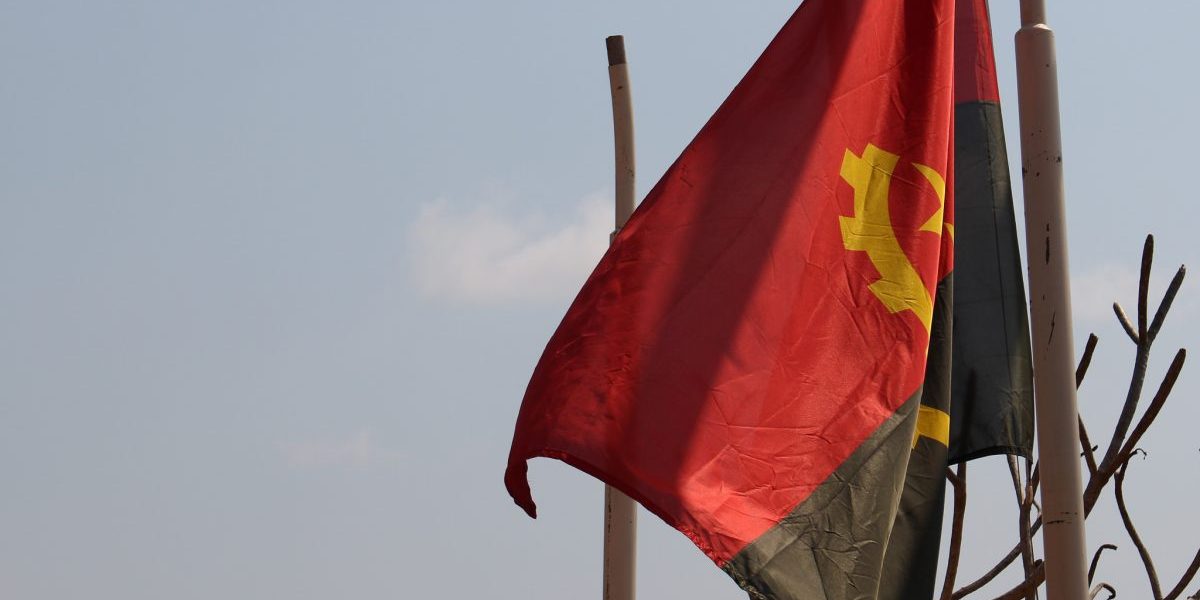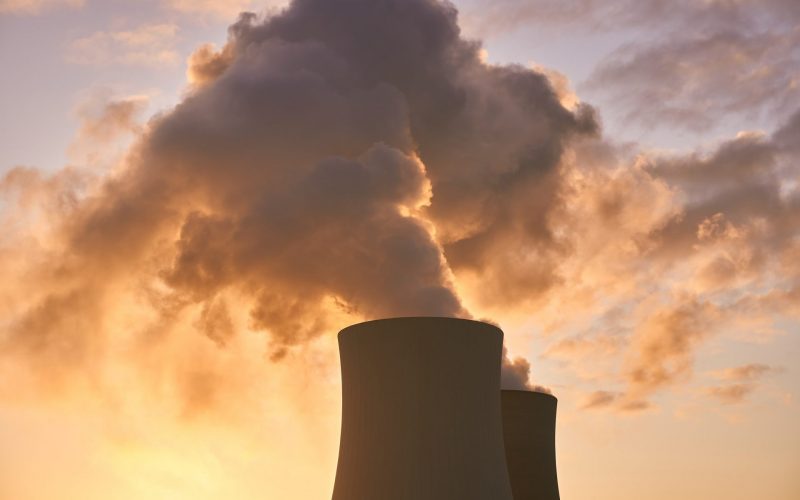Angola faces challenges far beyond the parliamentary election this September. With exceptions like Botswana and Mauritius, few African states have maintained functioning multiparty electoral systems since independence. Since the 1990s, and the so-called third wave of democratisation, however, a premium has been attached to the legitimation that elections provide. Even so, democracy is fragile, and the Economist Intelligence Unit ranks only one African country – Mauritius – as a full democracy. Angola is characterised as “authoritarian”.
In Angola, harsh colonial control was followed by one-party rule amid civil war until elections in 1992. Those elections – parliamentary and presidential – were its last until this weekend. Presidential elections are scheduled for next year. The incumbent, José Eduardo dos Santos, has held office since 1979 in a political system which grants an exceptional degree of power to the president.
The ruling MPLA is claiming a landslide, 82% of the vote. When they won by a more modest margin in 1992, the opposition party – UNITA – denounced the results and the war recommenced. UNITA has accepted these results (it received 10%), while noting irregularities, and since its army has been disbanded, there will be no return to war.
Nevertheless, Angola remains volatile. Despite impressive growth on rising oil prices (the IMF projected real GDP growth of 26% this year), some two-thirds of the country lives on less than $2 a day. Compare this to the futungos, the elite, enjoying close links to the ruling party and the state. Some have become enormously wealthy, and tainted by pervasive corruption. Billions of petrodollars have been unaccounted for over the years (not having reached the central bank), although transparency has reportedly improved recently. Dos Santos has said that the election will herald governance reform and action against corruption. Whether this will be acted upon in any substantive way remains to be seen.
In Angola, political power is a route to wealth. Elsewhere in Africa, feelings of marginalisation among certain groups produce destabilisation. In the Niger delta, for example, gangs with quasi-political agendas harass oil operations. In Kenya, perceptions of Kikuyu economic dominance on the back of state power, and maintained through electoral fraud, contributed to the violence that followed the 2007 election.
Violent crime is a serious problem in Angola, and unscrupulous political entrepreneurs could harness this for political ends. Long-standing grievances in the oil-rich Cabinda enclave could reignite a secessionist conflict, threatening a significant part of the country’s economy. Angola will consequently need to pursue stability, economic growth and state capacity to ensure social services and economic opportunities are provided to all its citizens.
Consociational arrangements are frequently recommended in pursuing political stability. This has produced coalitions in Ivory Coast, DRC and Angola itself (for a while) as a solution to civil wars, and in Kenya in 2008. South Africa inaugurated a tripartite government of national unity in 1994. In Zimbabwe, the newly announced coalition government between the ruling ZANU-PF and opposition MDC to form a coalition government, is premised on both apportioning power and on a “mutual need”: ZANU-PF bringing the security forces along while the MDC would supply political legitimation.
The MPLA will not feel compelled to include a weakened UNITA in a government now (power balances elsewhere have been more even), although it might do so as proof of its intent to rehabilitate the country. However, the history of the MPLA has been to favour an approach that emphasises the winner rather than allowing for compromises with the loser.
Either way, unity governments are neither permanent nor durable solutions. They remove a key check on government – an independent opposition, interested in exposing government misdeeds – while creating an appetite for office by opposition leaders. In Zimbabwe, unity arrangements between Robert Mugabe’s ZANU and Joshua Nkomo’s ZAPU undermined the latter, prefiguring the collapse of Zimbabwe’s “democracy”. Prospective unity governments could also tempt losing politicians to spark violence to force a coalition that would give them a stake in the state pie, which the electorate may have denied them.
With a reinforced majority the MPLA has confirmed the mandate which it has in fact wielded since it defeated UNITA in 2002. However, in determining the future trajectory of the country both domestically but also in the region, Angola will have to create credible institutions and a professional civil service. Institutions are weak, laws are inconsistently applied and an open society is still far away. Fostering opportunities in the productive sectors for local entrepreneurs and foreign investors (outside the extractive industries) will be politically important as they will diminish the importance of politics as a means to wealth and welfare and address the huge developmental problems. However, a key issue will be disentangling the party from the state (in the election, several observers pointed out that the MPLA had distinct advantages from its control of the state).
Although observers have generally endorsed the election, the tendency to set the bar to accommodate reluctant and half-way democracies must be avoided. Angola’s election was – simply put – not an example, though, for Angola, it represents progress. But a disservice is done to Angola and the whole continent by accepting the current situation without a clear acknowledgement that the election is only the imperfect beginning of a protracted process.







